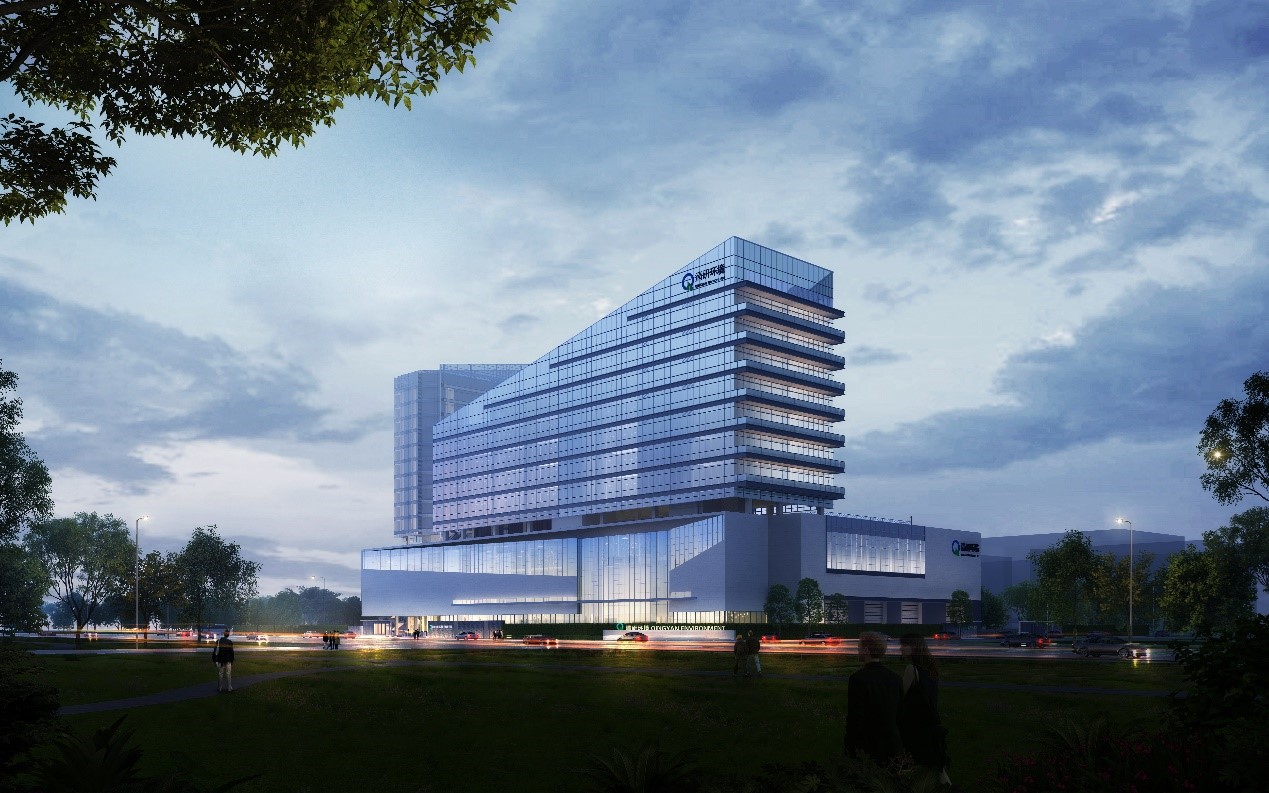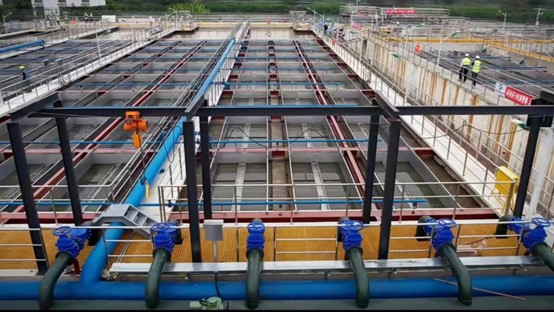The Application of The World-leading RPIR Rapid Biochemical Technology With less Land Use and Low Investment In The In-situ Expansion of Binhe Sewage Treatment Plant
Wastewater treatment is essential for public health and environmental protection. Traditional methods often struggle to keep up with growing demands. Enter RPIR, a revolutionary technology developed at Tsinghua University. RPIR stands for Regenerative Phase Inversion-based Reactor. This innovative approach offers a more efficient and sustainable way to purify wastewater. RPIR combines multiple treatment processes into a single unit. This compact design reduces footprint and operational costs compared to conventional systems. RPIR signifies a major step forward in our ability to manage wastewater effectively.
Qingyan Environment is the driving force behind bringing RPIR technology to the world. Founded in two thousand nine, Qingyan Environment has consistently championed innovation in wastewater treatment. The company's dedication to research and development led to the creation of the RPIR system. Qingyan Environment has achieved numerous milestones in a short time. These include securing over one hundred patents and completing over one hundred successful RPIR projects. The company's commitment to environmental sustainability has earned them recognition and awards. Qingyan Environment stands as a leader in the global effort to revolutionize wastewater treatment.

The RPIR process centers around a unique reactor design. This reactor utilizes a special membrane that allows for highly efficient water purification. The regenerative phase inversion process enhances the removal of pollutants. This includes solids, nutrients, and pathogens. RPIR offers several advantages over traditional wastewater treatment methods. Its compact design saves valuable land space. The reduced energy consumption lowers operational costs and carbon footprint. Additionally, RPIR's high treatment efficiency results in cleaner water discharge, protecting our precious water resources.

The Shenzhen Binhe Water Purification Plant project exemplifies the transformative power of RPIR technology. Facing rapid urbanization and increasing wastewater treatment demands, Shenzhen City turned to Qingyan Environment. The project involved upgrading and expanding the existing plant using RPIR technology. The implementation of RPIR resulted in a significant increase in the plant's treatment capacity. The upgraded facility now treats a larger volume of wastewater while maintaining high effluent quality standards. The Shenzhen Binhe project serves as a model for other cities looking to implement sustainable and efficient wastewater treatment solutions.

RPIR technology holds immense potential to transform the future of wastewater treatment. Its compact design and energy efficiency make it ideal for both urban and rural settings. The technology's adaptability allows it to treat various types of wastewater. These include municipal wastewater. industrial wastewater. and agricultural wastewater. As the world faces increasing pressure on water resources, RPIR offers a beacon of hope. Its ability to treat wastewater to high standards allows for water reuse. This reduces strain on freshwater sources and promotes a circular water economy. RPIR is a crucial tool in our fight against water scarcity and pollution.
The impact of RPIR technology extends far beyond individual wastewater treatment plants. By enabling more efficient and sustainable water management, RPIR contributes to broader environmental goals. Its reduced energy consumption helps in the fight against climate change. The technology's ability to remove pollutants from wastewater protects ecosystems and safeguards public health. Qingyan Environment is actively promoting RPIR technology globally. They are forming partnerships and sharing their expertise to disseminate this groundbreaking innovation. The widespread adoption of RPIR technology has the potential to revolutionize wastewater treatment worldwide. This would contribute to a cleaner, healthier, and more sustainable future for all.
 LOADING...
LOADING...
 DATE:2024年08月30日
DATE:2024年08月30日


